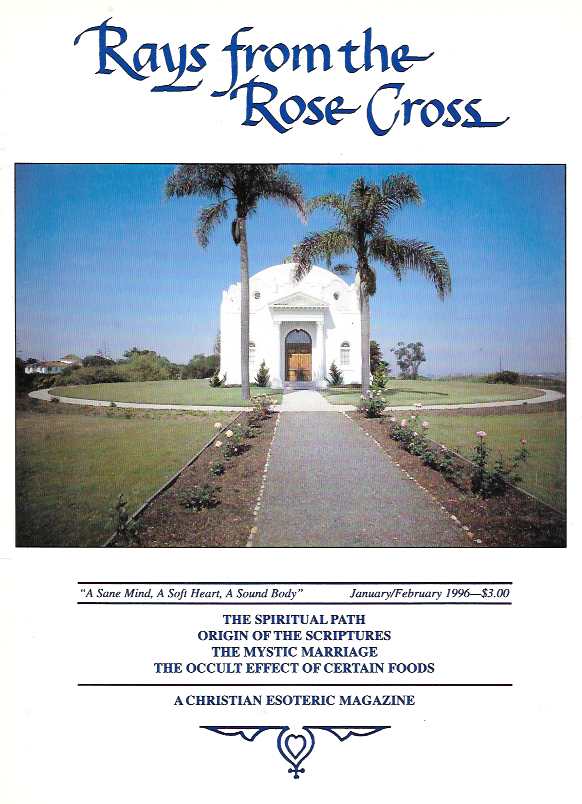

"At that time Jesus went on the sabbath day through the corn; and his disciples were an hungered, and began to pluck the ears of corn, and to eat.
But when the Pharisees saw it, they said unto him, Behold thy disciples do that which is not lawful to do upon the sabbath day.
But he said unto them, Have ye not read what David did, when he was an hungered and they that were with him;
How he entered into the house of God, and did eat the shewbread, which was not lawful for him to eat, neither for them which were with him, but only for the priests?
Or have ye not read in the law, how that on the sabbath days the priests in the temple profane the sabbath, and are blameless?
But I say unto you That in this place is one greater than the temple.
But if ye had known what this meaneth, I will have mercy, and not sacrifice, ye would not have condemned the guiltless.
For the Son of Man is Lord even of the Sabbath day."
— Matthew 12:1-8
The word "corn" here refers to the seed of wheat, which was the principal grain grown in Palestine in New Testament days. Through the small fields of wheat wound the narrow paths along which travelers passed in going from one part of the country to another. Sometimes they were without food, and as there were no public eating places in the vicinity, it was customary for the hungry travelers to pluck a handful of wheat, separate the chaff from the seed by rolling it in the hands, and eat. Thus it was quite in accordance with the customs of the day that Christ Jesus and His Disciples would partake of the wheat to satisfy their hunger.
However, the Pharisees, ever holding to the letter of the law and suspicious and intolerant of any teaching progressive or revolutionary enough to overthrow their regime of position and power, were eager to accuse Christ Jesus and His followers of violating some law. In this case it was the law which decreed the keeping of the Sabbath.
In Scofield's Reference Bible we are told that: "The Sabbath" ("cessation") appears in Scripture as the day of God's rest in the finished work of creation (Gen. 2:2,3). For 2,500 years of human life, absolutely no mention is made of it. Then the Sabbath was revealed (Ex. 16:23; Neh. 9:13- 14). It was made a part of the law (Ex. 20:8-11), and invested with the character of a ("sign") between Jehovah and Israel and a perpetual reminder to Israel of their separation from God (Ex. 31:13-17). It was observed by complete rest (Ex. 35:2-3), and by Jehovah's express order a man was put to death for gathering sticks on the Sabbath day (Num. 15:32-36). Apart from maintaining the continued burnt-offering (Num. 28:9) and its connection with the annual feasts, the seventh day Sabbath was never made a day of sacrifice, worship, or any manner of religious service. It was simply and only a day of complete rest for man and beast, a humane provision for man's needs. In Christ's words, "The Sabbath was made for man, and not man for the Sabbath" (Mark 2: 27). Our Lord found the observance of the day encrusted with rabbinical evasions (Matt. 12:2) and restrictions, wholly unknown to the law, so that He was Himself held to be a Sabbath-breaker by the religious authorities of the time.
The reply of Christ Jesus to the accusation of the Pharisees well portrays a basic principle of the new religion being ushered in by the great Sun Spirit. The regime of law of favored classes and position was coming to an end; the regime of the essential importance and dignity of the individual was beginning. The day of material sacrifice was ending; the day of mercy was being inaugurated. The letter of the law was to give way to true spirituality.
Concerning this matter Max Heindel pertinently wrote: "The Bible says that
the law was supreme until the advent of the great Sun Spirit. Christ started a
new phase of evolution under the principle of love and regeneration. This
ended the regime of Jehovah and the sway of Saturn, not abruptly of course,
for there is always an overlapping of the old and the new. However, from that
time on, the pioneer Christian people have entered upon the second, or Sun,
part of the post-Atlantean, Fifth Epoch...substituting the Sun's day for the day of Saturn, as a day of worship."
— This article was adapted from the August, 1985 issue, page 355, of the
"Rays from the Rose Cross" magazine.